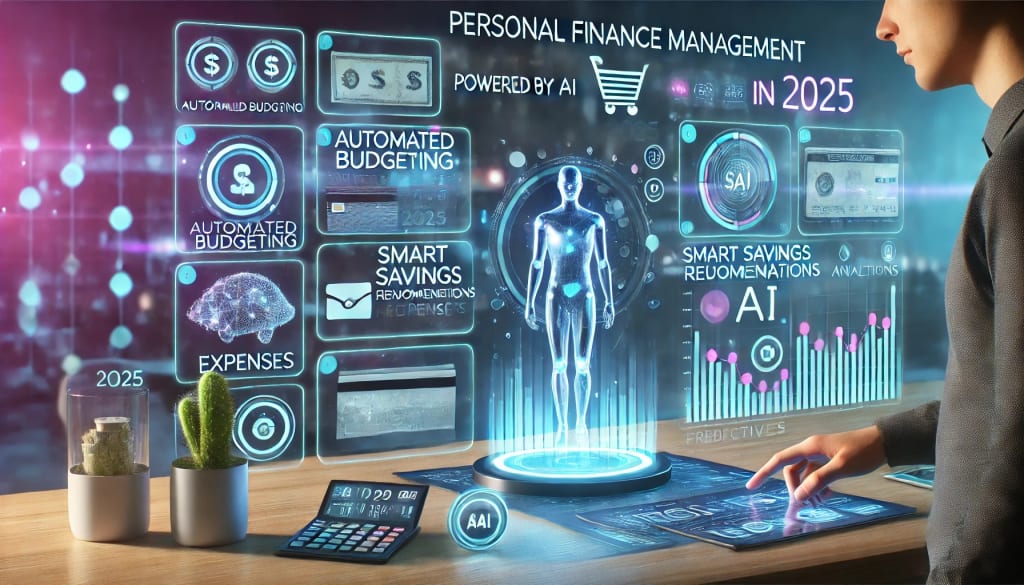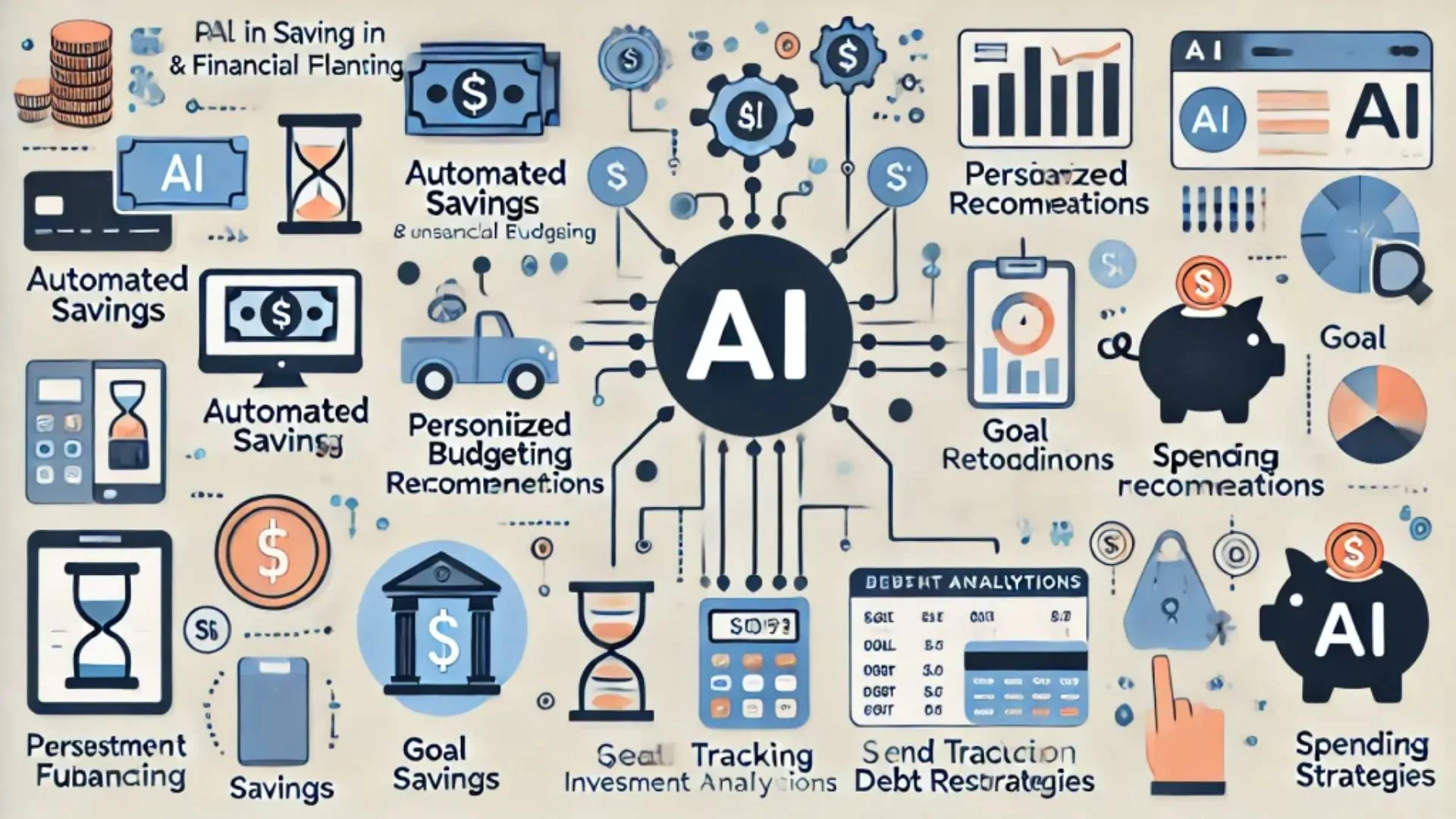Artificial Intelligence (AI) is evolving faster than most industries can adapt. Once, AI-powered chatbots were the cutting edge of customer engagement answering simple queries and automating basic tasks. But today, the game has changed. We’re entering a new era driven by AI agents intelligent, autonomous systems capable of reasoning, decision-making, and even creativity.
If you’ve ever wondered how AI is moving beyond simple chatbots or what the future of intelligent automation looks like, this post breaks it down clearly. Let’s explore the next phase of AI where machines don’t just respond, but truly think, act, and collaborate.
The Evolution: From Chatbots to AI Agents
Chatbots were the first mainstream form of conversational AI. They followed pre-programmed rules and scripts capable of handling basic FAQs or booking tasks. However, their intelligence was limited to what developers manually coded.
AI Agents, on the other hand, represent a quantum leap forward.
| Feature | Chatbots | AI Agents |
|---|---|---|
| Core Function | Responds to commands | Understands goals and executes actions |
| Learning Ability | Rule-based | Self-learning through machine learning |
| Integration | Limited to specific apps | Can connect with multiple systems |
| Decision Making | None | Makes autonomous decisions |
| Example | Customer support bot | AI-powered personal assistant or business agent |
The transition from chatbots to AI agents mirrors the broader evolution of artificial intelligence from reactive tools to proactive, intelligent collaborators.
What Are AI Agents Exactly?
An AI agent is an autonomous digital entity capable of perceiving its environment, analyzing information, making decisions, and taking action — without constant human input.
Think of an AI agent as your digital employee capable of researching data, sending emails, generating reports, managing workflows, and even negotiating prices using machine learning and natural language processing (NLP).
Core Components of AI Agents:
- Perception: Understanding human language, voice, and context
- Reasoning: Making logical decisions using predictive algorithms
- Memory: Learning from previous interactions
- Action: Executing tasks autonomously through APIs or software tools
This combination enables AI agents to operate independently across industries from finance and healthcare to marketing and logistics.
Why Businesses Are Adopting AI Agents Fast
AI agents are not just another buzzword they’re the backbone of the new digital transformation wave. Here’s why businesses are embracing them:
✅ 1. Enhanced Efficiency
AI agents streamline repetitive workflows, freeing employees for higher-value tasks. For instance, an AI sales agent can analyze leads, schedule meetings, and update CRM records automatically.
✅ 2. 24/7 Availability
Unlike humans, AI agents never sleep. They provide round-the-clock customer support, real-time monitoring, and instant decision-making.
✅ 3. Cost Optimization
Enterprises using AI automation tools report up to 40% cost reductions in operations due to faster turnaround times and fewer human errors.
✅ 4. Smarter Decision Making
AI agents utilize machine learning to analyze large datasets and provide predictive insights — helping executives make data-driven business decisions.
Real-World Use Cases: AI Agents in Action
Let’s look at how industries are already benefiting from this new phase of artificial intelligence.
| Industry | Use Case | AI Agent Example |
|---|---|---|
| Healthcare | Patient data analysis and appointment scheduling | AI medical assistant |
| Finance | Fraud detection, automated trading | Predictive AI agent |
| Retail | Personalized shopping and inventory optimization | Virtual shopping assistant |
| Marketing | Lead scoring, campaign automation | AI marketing agent |
| Tech Support | Troubleshooting and ticket management | Conversational AI support agent |
These intelligent systems not only automate tasks but continuously learn and improve, making them valuable long-term assets.
Chatbots vs. AI Agents: The Key Differences
To clarify how far we’ve come, here’s a quick comparison:
| Criteria | Chatbots | AI Agents |
|---|---|---|
| Complexity | Script-based | Adaptive & Contextual |
| User Experience | Reactive | Predictive & Personalized |
| Integration | Limited | Multi-platform |
| Autonomy | Minimal | High autonomy |
| Example | Customer FAQ bot | AI-powered financial advisor |
The real shift lies in autonomy and intelligence AI agents don’t just respond; they anticipate.
The Technology Powering AI Agents
To understand why AI agents are so capable, we need to look under the hood. Their power comes from three main technologies:
1. Machine Learning (ML)
Allows agents to learn from data, recognize patterns, and improve over time.
2. Natural Language Processing (NLP)
Enables agents to understand and generate human-like text or speech.
3. Generative AI
Lets agents create new content from emails and reports to marketing copy without human help.
When combined, these technologies create a self-improving, human-like system capable of managing complex digital operations.
The Future: AI Agents as Digital Co-Workers
Imagine having an AI colleague who can analyze markets, generate insights, manage emails, and help you make smarter decisions.
That’s the AI-powered workplace of the future where humans focus on creativity, empathy, and strategy, while AI agents handle data-driven, repetitive, and operational tasks.
This future promises human-AI collaboration, not competition.
AI agents aren’t replacing jobs they’re augmenting human capability and making businesses more agile.
How to Prepare for the AI Agent Revolution
If you want to future-proof your business, here’s what you can start doing now:
🔹 1. Identify Repetitive Tasks
List workflows that can be automated scheduling, reporting, or customer communication.
🔹 2. Choose the Right AI Tools
Use trusted automation platforms or AI frameworks that integrate easily with your systems.
🔹 3. Train Your Team
Encourage employees to learn AI literacy understanding how to work with, not against, intelligent systems.
🔹 4. Start Small, Scale Fast
Begin with a single AI agent pilot program, measure performance, then scale across departments.
The Ethical and Security Challenges Ahead
As AI agents become more autonomous, new ethical and cybersecurity questions arise:
- How much decision-making power should an AI agent have?
- How do we protect data privacy and prevent algorithmic bias?
- Can businesses ensure transparency and accountability in AI-driven decisions?
Responsible AI governance and regulation will play a major role in maintaining trust and fairness.
Frequently Asked Questions (FAQ)
1. What is the main difference between chatbots and AI agents?
Chatbots follow predefined scripts, while AI agents make autonomous, intelligent decisions using machine learning and natural language processing.
2. Can AI agents replace human employees?
No, AI agents are designed to assist, not replace. They handle repetitive tasks so humans can focus on strategy and creativity.
3. How do AI agents learn?
They learn from data, feedback, and interactions using machine learning algorithms improving accuracy and performance over time.
4. What industries benefit the most from AI agents?
Finance, healthcare, retail, and marketing are early adopters, but virtually every industry can gain from intelligent automation.
5. Are AI agents safe to use?
Yes, if implemented with strong data governance, encryption, and ethical guidelines. The key is transparency and secure data management.
Final Thoughts: The Next Phase of Artificial Intelligence Has Begun
The journey from chatbots to AI agents marks one of the most significant leaps in digital history. What started as simple automation is now evolving into autonomous intelligence capable of transforming industries, improving decision-making, and enhancing customer experiences.
Businesses that embrace AI agents early will gain a massive competitive edge those that resist will fall behind in the era of intelligent automation.
💡 Try our AI Automation agency here to make your company grow!
For More Update Visit EliteEraTrends.com






